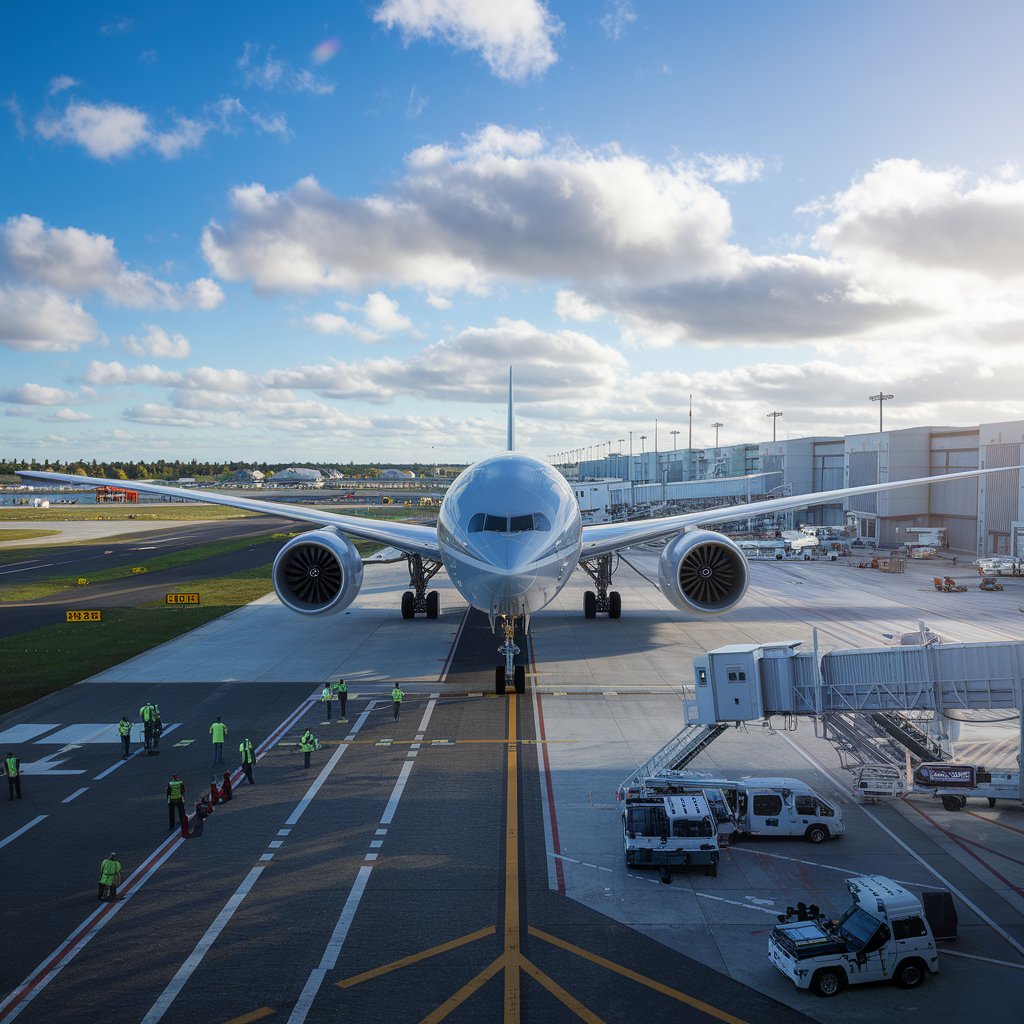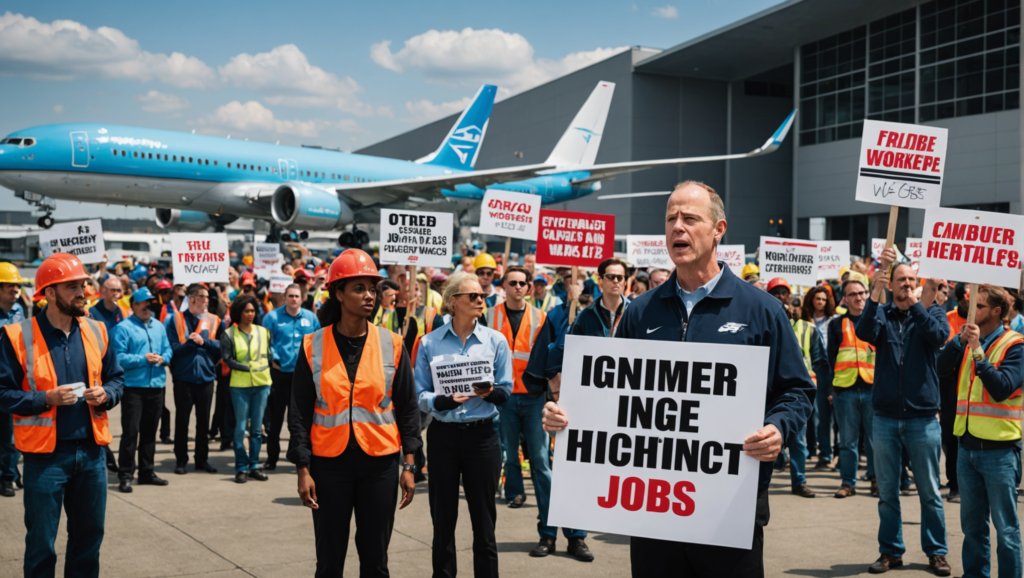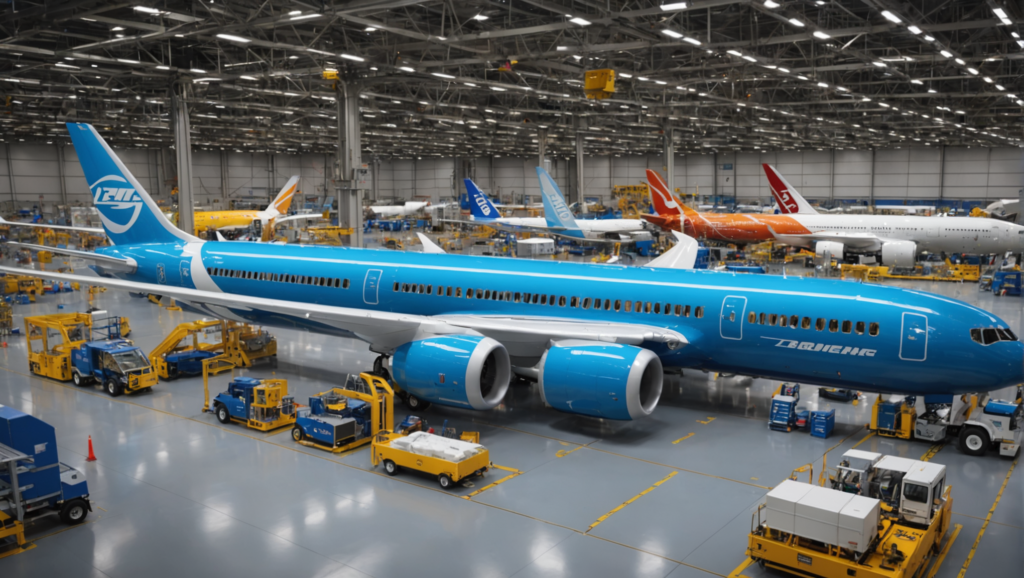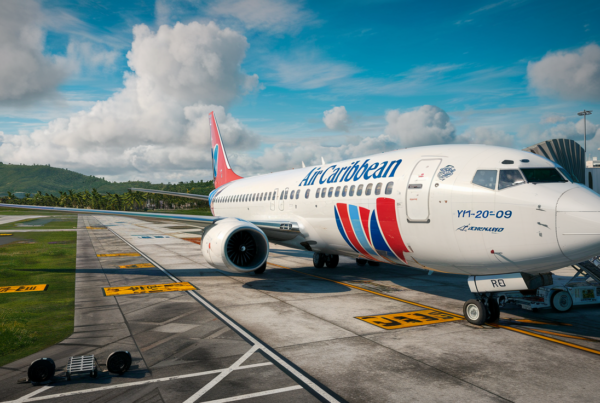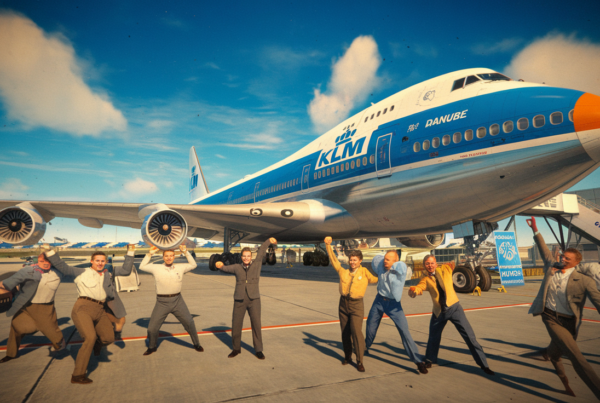Today, the manager from Boeing publicly acknowledged major errors during a audition to the U.S. Senate, citing serious failings in the management of security and technical follow-up. He pointed out that his teams had lacked foresight and rigor in controlling procedures, which had led to worrying malfunctions. His speech to the Senate comes at a time when the Group's industrial and safety policies are being called into question. This clarification comes at a time when the aeronautics sector is under intense political and media pressure. Those in charge have promised significant changes.
At this recent hearing before the US Senate, Boeing's CEO admitted to lawmakers that certain internal strategic decisions had had a negative impact on fleet safety and management. This marks an important step in questioning the internal procedures of one of the world's leading aircraft manufacturers.aeronautics.
During the hearing, the manager described the errors which, in his view, had led to technical problems and delays in the innovation and maintenance processes. He stressed that these malfunctions were the result of a sometimes faulty internal organization, necessitating a thorough overhaul of safety protocols. This debate is taking place at a time when international competition is intensifying and transparency is being demanded by partners and regulatory authorities alike.
Public acknowledgement of these errors was seen as a strong signal, implying the need to reinforce standards and improve communication both internally and with the public. Industry experts point out that this step, while painful, could enable Boeing to regain the trust of regulators and customers, while reaffirming its commitment to excellence.
In a digital environment where smooth navigation and access to quality information are paramount, our readers and subscribers benefit from uninterrupted access to news content. Features such as hidden advertising enhance the reading experience, allowing you to focus on critical topics such as safety issues and the organization of the aeronautics.
Among the topics related to the Boeing CEO's hearing, it is interesting to observe other major initiatives in the sector. These include innovation in airport team management reflects a heightened interest in optimizing operating procedures. On the other hand, baggage handling incidents remind us that every link in the chain must be studied to limit risks.
The security debate is not limited to government audits. It also includes understanding embedded safety systems. For example, explanation of navigation lights remains central to the safety of flight operations.
The technical challenges posed by recent innovations are not confined to Boeing. Initiatives such as reduced crew numbers on modern aircraft are under discussion, indicating a parallel evolution in attitudes towards cost and technology optimization.
Finally, this review of administrative and technical errors echoes other significant events. These include recent restrictions imposed by the FAA on certain flights illustrate the challenges facing a sector in the throes of change. These developments reinforce the need for the industry's major players to reinvent themselves.
Analysis of key audition points
| Element | Concise detail |
|---|---|
| Context | Audition at US Senate |
| Declaration | Boeing executive admits major errors |
| Involvement | Recognition of internal dysfunction |
| Expected reaction | Implementation of corrective measures |
| Impact on safety | In-depth examination of air safety |
| Reputation | Reassessing stakeholder confidence |
| Future prospects | Commitment to continuous improvement |
On the same theme
Boeing postpones start-up of 777X program
Development of the Boeing 777X, promised to be the future of aviation, has been delayed yet again. Initially scheduled for 2020, the flagship aircraft has been postponed, with a new delivery date set for 2026. The very long-range version, the 777-8 freighter,...
Conflict at Boeing: Break in negotiations on workers' wages
Boeing's main union has rejected management's latest proposal to increase wages by 30% over four years, to end a strike that has paralyzed the company for ten days. The workers, whose wages...
Boeing is setting ambitious targets for future Dreamliner production. With a forecast of five units per month by the end of 2024, the American aerospace giant is aiming even higher, targeting a production rate of...

